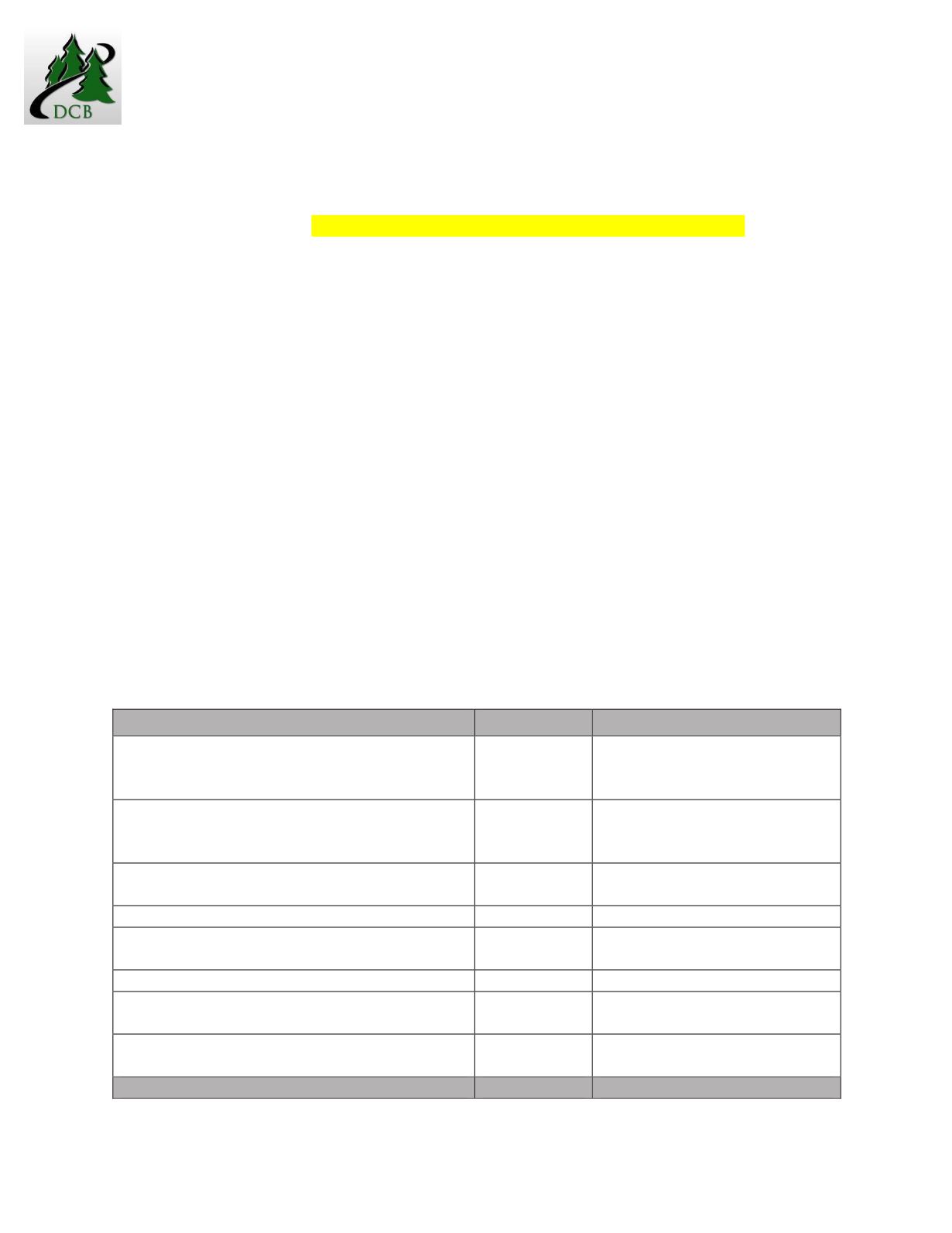

EDUC 250 INTRODUCTION TO EDUCATION
BRANDI RUDLAND
Fall 2016
DAKOTA COLLEGE BOTTINEAU
Class Policies:
•
Regular participation
•
Regular attendance (Lack of logging in and participation will effective final grade)
•
Complete all assignments, discussions, tests and quizzes in a timely manner and in the order
they are assigned.
•
Communication with instructor and fellow students
•
Be prepared when class starts.
•
Follow campus ethics policy on written work.
•
Campus Issued Email be used as primary email.
Goals/Objectives:
Upon completion of this course, student will be able to:
-
Identify different learning styles of students
-
Identify the laws concerning disabilities and special needs
-
Explore classroom management issues
-
Explain the requirements of No Child Left Behind
-
Explore student assessment at local, state and national levels
-
Identify the impact of diverse student populations on teaching and instructional strategies
-
Discuss communication issues among teachers, students, staff, parents and administration
Student Outcomes:
The student will demonstrate knowledge of the:
CEC Standard
Evidence/Criteria
Basic educational terminology regarding
students, programs, roles and instructional
activities
SEP1K2
Education Terminology;
Philosophy of Education
Rights and Responsibilities of families and
children as they relate to individual learning
needs
SEP3K1
Advice Column
Basic instructional and remedial strategies and
materials
SEP4K1
Lesson Plan #2; Differentiation
Project
Demands of various learning environments
SEP5K1
Classroom Set-up
Characteristics of appropriate communication
with stakeholders
SEP6K1
Family Case Studies; Advice
Column
Rationale for assessment
SEP8K1
Lesson Plan #3
Ethical practices for confidential communication
about individuals with exceptional learning needs
SEP9K1
Advice Column
Personal cultural biases and differences that
affect one’s ability to work with others
SEP9K2
Family Case Studies
The student will have the ability to:
CEC Standard
Evidence/Criteria


















